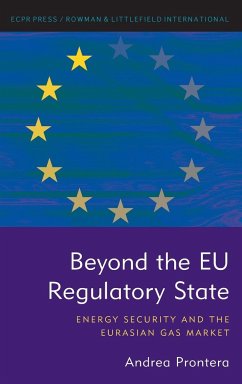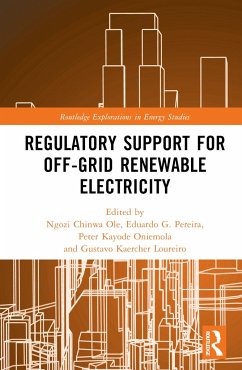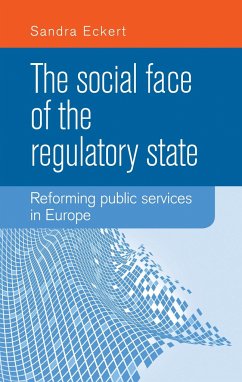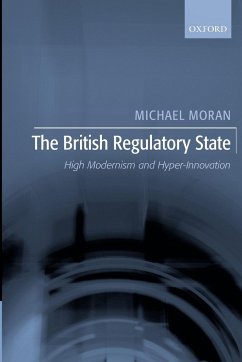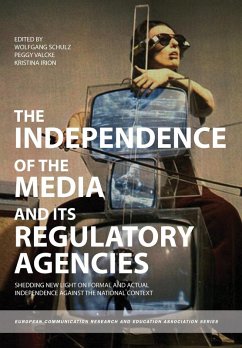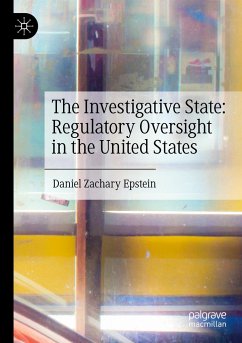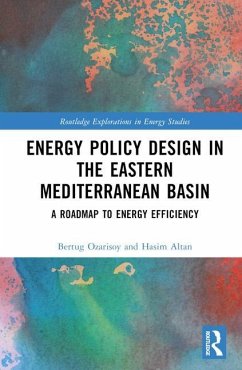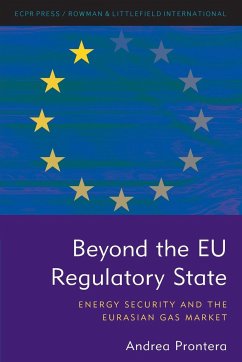
Beyond the EU Regulatory State
Energy Security and the Eurasian Gas Market

PAYBACK Punkte
23 °P sammeln!
The EU's growing dependence on natural gas and Russian resources, energy security has become a hot discussion topic in academia and in policy circles in Brussels, Washington and many European capitals. However, most of the books on the subject use a very descriptive and/or normative approach and very few attempt to theorise EU energy security outside of mainstream conceptualisations of the EU as an international actor. This book closes an important gap in the literature and offers a fresh perspective on EU energy studies, and it will be an important contribution to the debate on the developmen...
The EU's growing dependence on natural gas and Russian resources, energy security has become a hot discussion topic in academia and in policy circles in Brussels, Washington and many European capitals. However, most of the books on the subject use a very descriptive and/or normative approach and very few attempt to theorise EU energy security outside of mainstream conceptualisations of the EU as an international actor. This book closes an important gap in the literature and offers a fresh perspective on EU energy studies, and it will be an important contribution to the debate on the development of European integration and the EU's role in international relations in the wake of the crisis in EU politics and in light of the EU's increasingly complex external environment. Due to its interdisciplinary features - the book combines EU studies, international affairs, political economy and energy studies - and the topics covered, this book will be of special interest to scholars of the international political economy of energy and to those interested in European politics and EU international relations.



